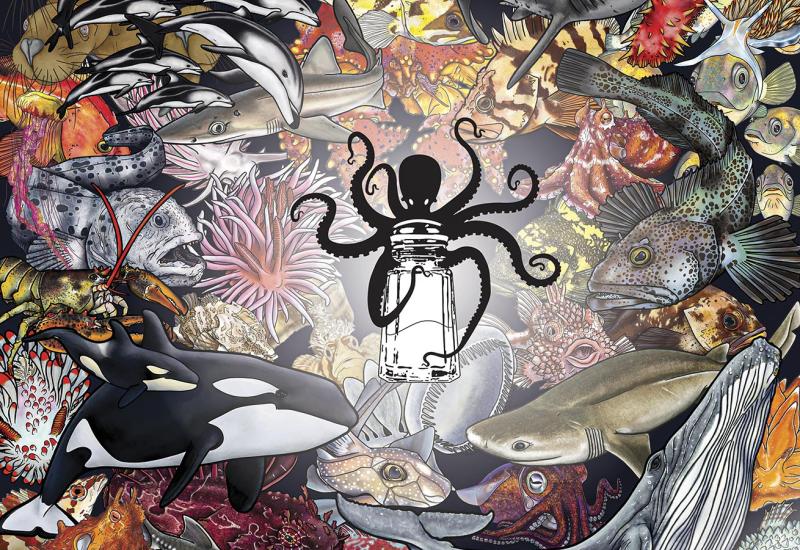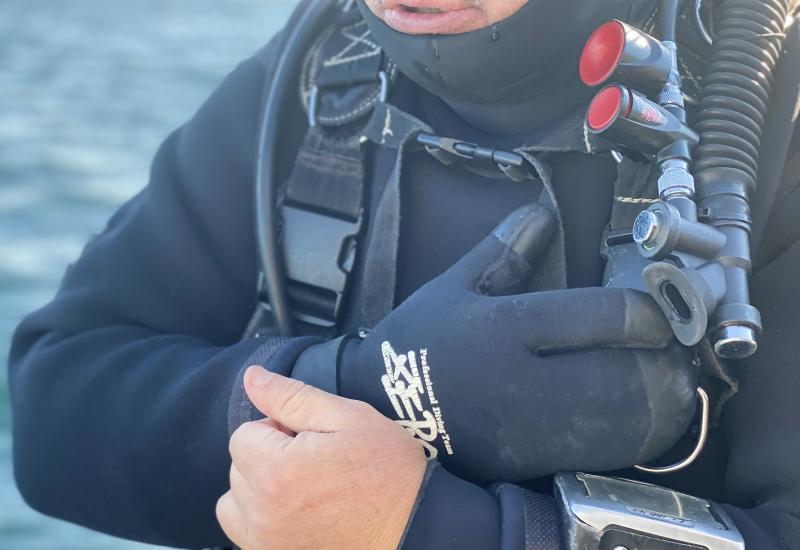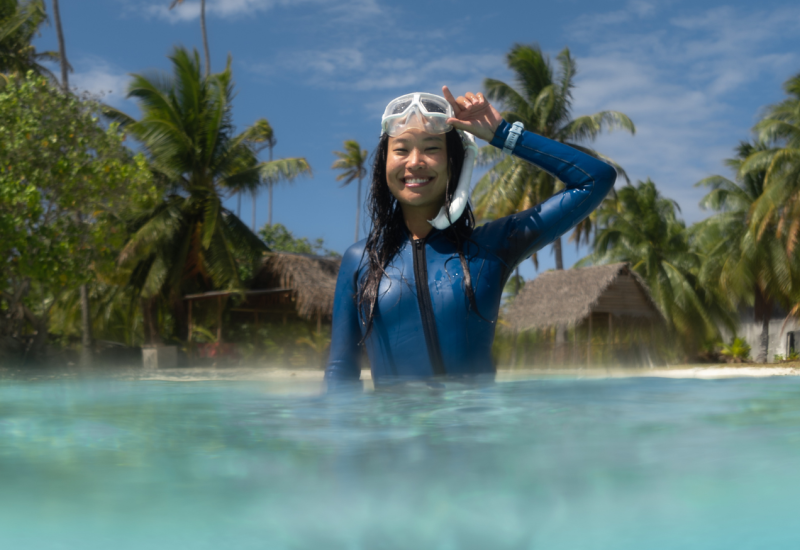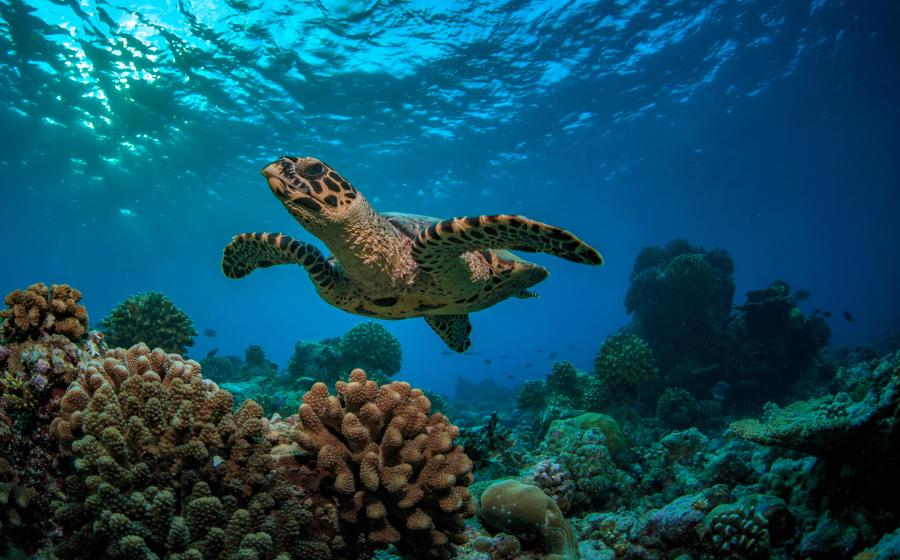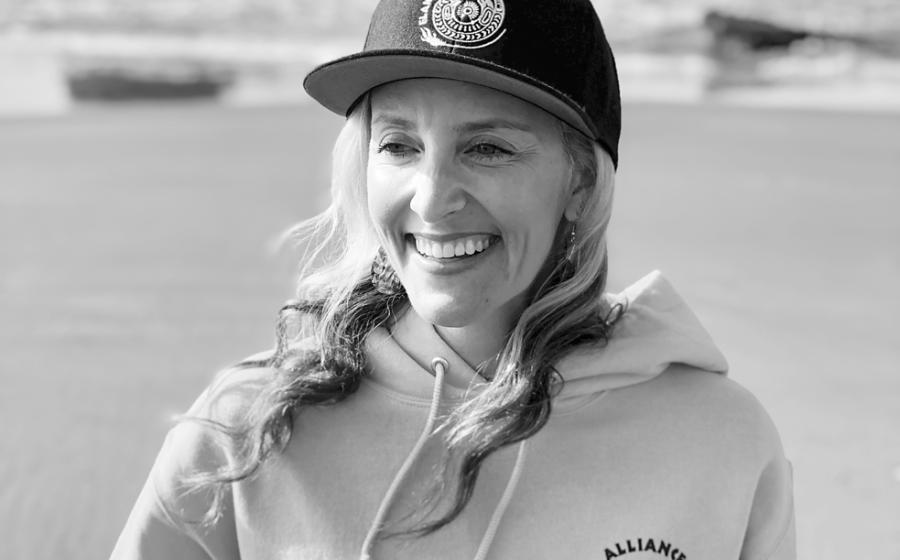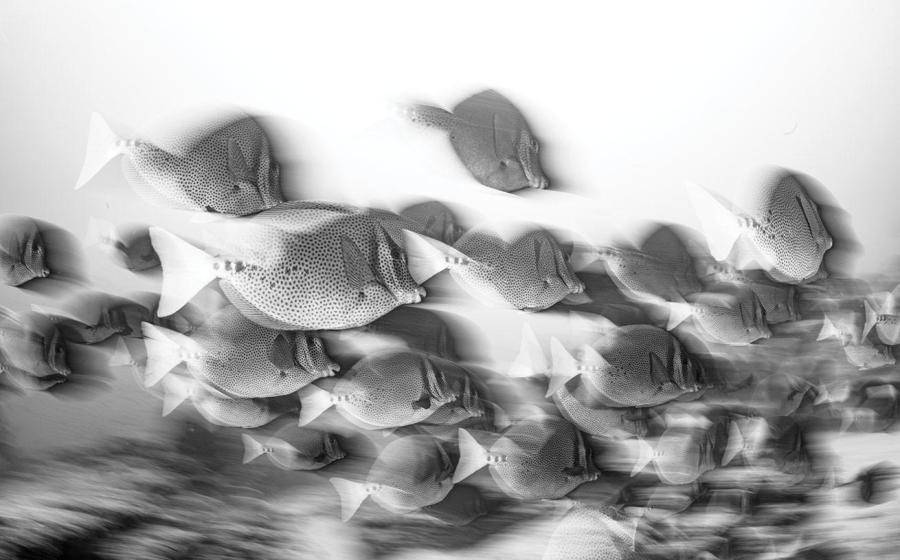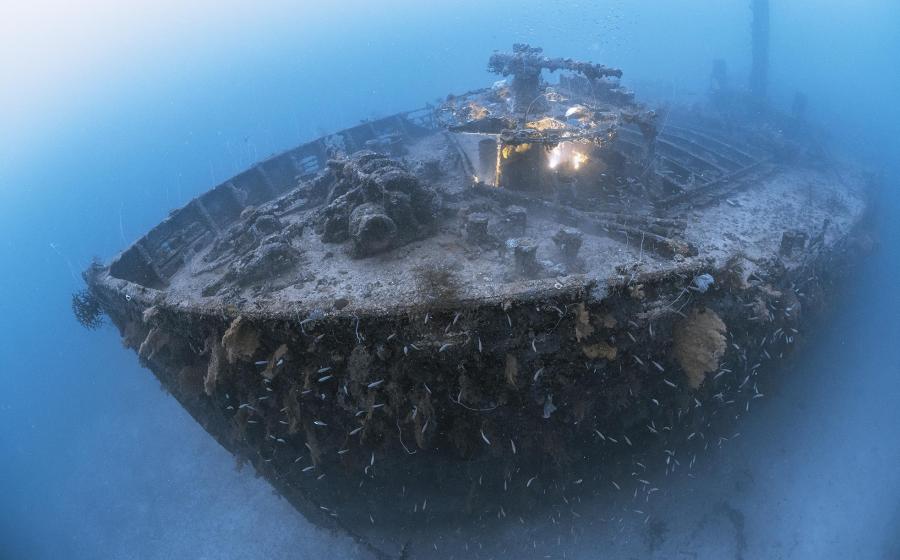Meet Conservation Photo Contest Winner Jenny Stock
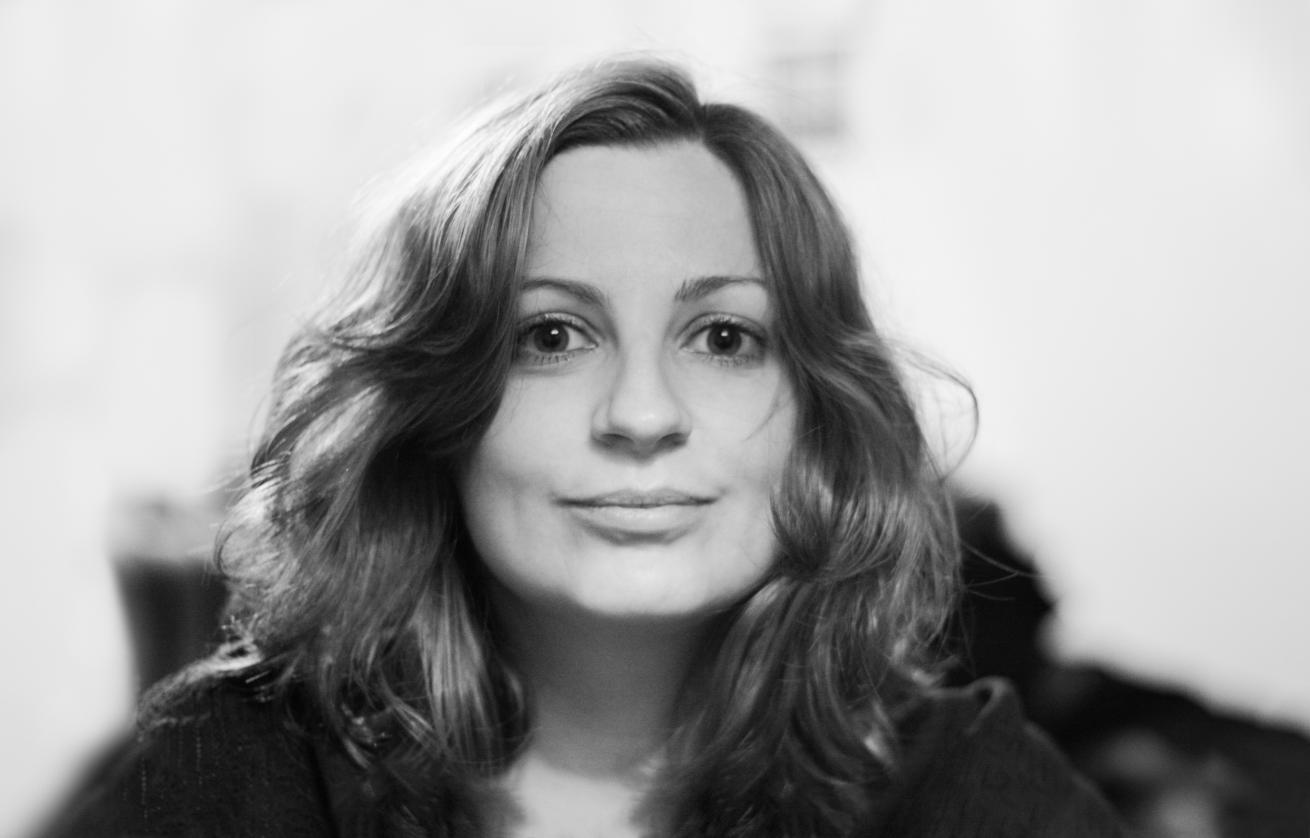
Portrait of 1st Place winner of the Conservation category in the 2024 Through Your Lens Photo Contest.
Conservation
Name
Jenny Stock
Where are you from?
I am living in Yorkshire in the U.K. but travel a lot with work. I spent seven years in Australia and got my citizenship there. I am very tempted to go back as the underwater opportunities there are fantastic.
How long have you been shooting photos?
Since I could hold a camera. It's been a lifelong obsession.
How long have you been diving?
My first dive was at age 14.
What is your highest certification level?
I have my HSE Scuba Diving (previously known as Part Four), which allows me to legally dive at work in the U.K.
Is photography your full-time job?
I'm a director of photography in television and film, so I am constantly using a camera in my profession. For my topside camera work I have directed many television shows featuring people saving the lives of wildlife, humans and pets in programs such as Crikey! It’s the Irwins, Ambulance Australia and Bondi Vet. I have also worked as an underwater stunt diver and safety diver in television and Hollywood films.
Related Reading: Ask a Pro Photographer: How to Use Photography for Conservation
Your favorite camera?
My favorite camera is the one I can get my hands on when I want to document what's going on around me—even if that’s an iPhone or a GoPro. Content is king, so I think it’s better to not get hung up on “quality” of image. If the picture tells an amazing story it doesn’t need to be “perfect.” However, given the option, when I’m shooting documentaries I’d reach for the Sony FX6. For stills I've just moved to the Sony a1 from the Canon 5D Mark IV. I am still adjusting, so I’d say I love them both equally at the moment.
Have you won any awards?
This year I won British Underwater Photographer of the Year, the first woman on record to do so. My work has been featured in Wildlife Photographer of the Year, National Geographic, European Photographer of the Year, Australian Geographic, Nature Photographer of the Year, Ocean Geographic, BBC, UNESCO and on billboards. And I’m absolutely delighted to add this category win for Scuba Diving magazine’s photo contest to my list. It’s my first ever conservation image that has won, so it’s really exciting for me. Thank you.
How did you get started in underwater photography?
I shoot a lot of video for my job in television, and I wanted to start taking my camera underwater with me. However, I wanted to mix up what I was doing so I didn't feel like I was at work. I decided I'd tell my stories underwater with single images, so I switched to stills underwater.
What's your favorite place to shoot underwater?
It's all about the animals for me. Crocodiles were so characterful in Cuba; I'd love to go back and capture some more toothy pictures. I love “getting in the zone” with macro, and Lembeh is wonderful for warm, relaxing conditions to do this. However, Australia offers everything from superb wide angle to tiny, tiny macro coupled with tropical to cooler climates, and it's just an awesome country in general so it's probably top of my list.
What's your most unforgettable moment underwater?
Snorkeling with the sea lion pups in Western Australia was just the best, they are the most playful and hilarious animals, joyous to be around. Either that or when I saw an annoyed octopus punch a fish in the face.
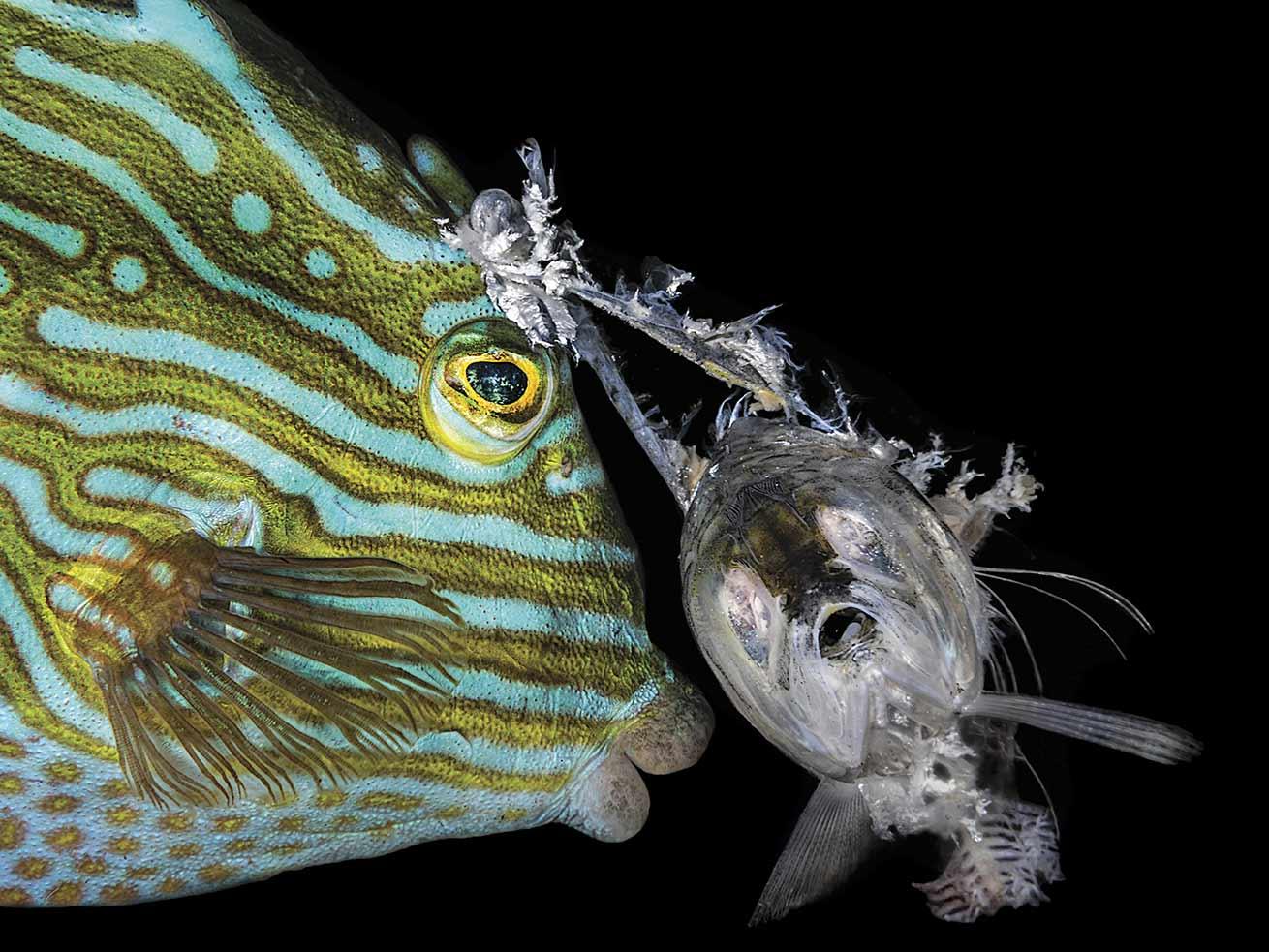
Jenny Stock1st Prize image
What inspires your photography?
Everything. My advice to anyone who is looking for inspiration for their photographs is don’t just stick to photography. Gorge on all the arts—film, theatre, galleries, architecture, television, computer games, sumptuous food and even music. When something moves you, ask yourself, can I apply this to my photography?
How would you describe your photography style? How did you develop this?
I would like to think that people describe me as creative. I love to experiment with shooting techniques and play around in the edit after. I want to have fun with my images, and if I can put a smile on someone's face with a picture, I feel like I'm winning.
Tell us a bit about your work in conservation photography. How did it get started, and how has it grown during your career?
I've donated lots of images and prints to various charities such as UNESCO and Mangrove Action Plan, and I try to spread the word of conservation with my talks at camera clubs and my exhibitions. Raising awareness is great, but it's hard to see a direct and immediate consequence. I personally loved having a more “hands-on” approach, like when I worked on Crikey! It's the Irwins. The public would call into the zoo to report any injured wildlife in the area, then Robert Irwin and I would jump in the rescue van—a 4x4 with an animal medical kit—and try and rescue the turtles, sea snakes, bats, kangaroos, wombats or (insert other weird Australian animal here). We'd bring the animals back to the zoo, where the vet department would work tirelessly to save and rehabilitate the animals. The lengths the staff would go to rehabilitate any animal (even surgery on the smallest of frogs) was awe inspiring, and being around those kind of caring people gives me such hope.
Related Reading: An Intro to Rays—and How to Photograph Them
Why is conservation photography important to you?
It is an absolute privilege to see and experience the beauty that lies beneath the surface of the ocean. A world where those animals and environment didn't exist would be tragic. I want the animals to survive in their natural habitats as they deserve to live in their own natural world.
What's your #1 bucket-list dive destination?
Not the destination—the animal! I want to see the southern right whales. Come on, grab your camera, let's go!
What's your advice for underwater shooters entering their first photo contest?
Stand out by selecting your images that are different from other people’s, don't try to recreate other people's work. Work on and develop your style. It might not work to start with, but if you keep at it you will hone your own unique images.

